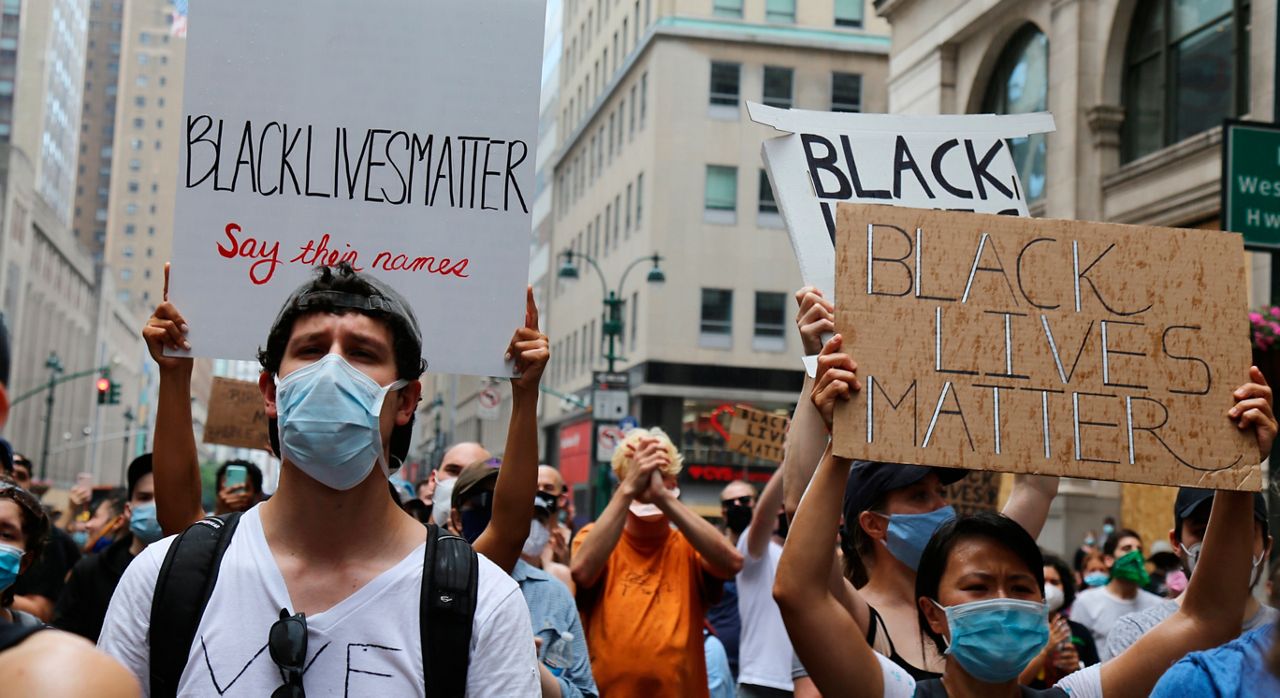COLUMBUS, Ohio — Columbus City Council approved a $5.75 million settlement Monday night for 32 people who were injured during the 2020 summer protests.
The settlement, which was made with the plaintiffs in the federal case Alsaada v. City of Columbus, will be distributed to 32 people who said police had beaten them while peacefully protesting, violating their constitutional rights. According to court documents, three of the plaintiffs claimed they suffered broken bones from the incident.
That summer, protests erupted across the country after a former Minneapolis police officer, Derek Chauvin, killed George Floyd, a 46-year-old Black man. Floyd was pinned to the ground by Chauvin when police tried to arrest him on suspicion of passing a counterfeit $20 bill for a pack of cigarettes at a convenience store. Chauvin pressed his knee into Floyd’s neck for more than nine minutes and died.
Another part of the settlement includes an injunction barring Columbus police from using wooden bullets, chemical sprays and techniques that restrict movement or other types of use of force against peaceful protesters.
The $5.75 million settlement will come from the city's general fund account.
“We have implemented significant changes in protest response and training since last year’s protests," wrote Robert Clark, director of Public Safety, in a statement last week. "We recognize what a painful chapter this has been for everyone involved, including the women and men of the Columbus Division of Police and the community we serve. Before there can be healing, there must be accountability. Where we have missed the mark and relationships have been damaged, we must strive to make it right. This settlement is a step toward that, while also protecting the interests of Columbus taxpayers.”
A federal judge is expected to give final approval to close the case.



